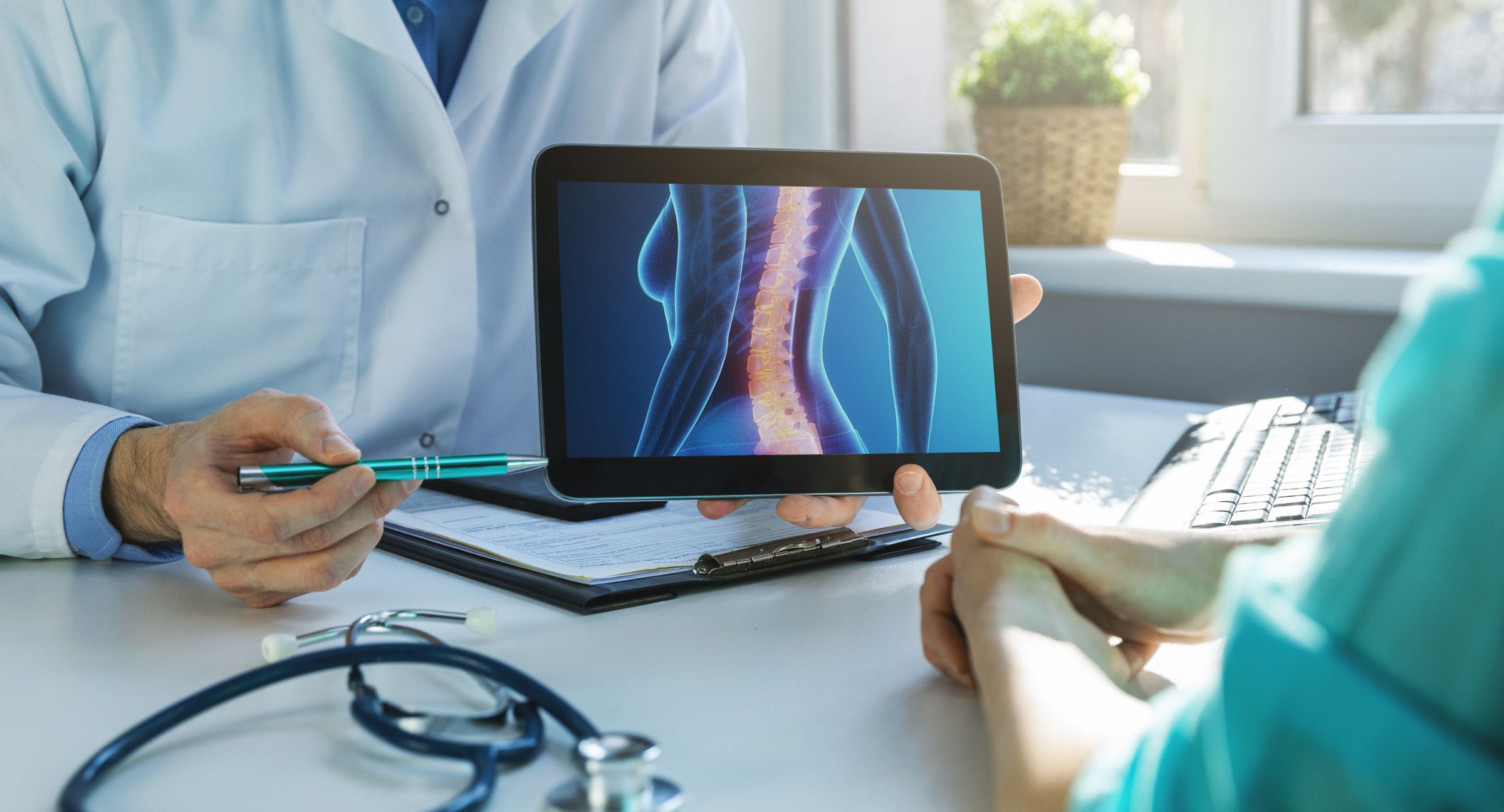- Injuries & Treatment
Do You Have A Herniated Disc?

Diagnosing And Treating A Herniated Disc
The term “herniated disc” in itself sounds painful, doesn’t it? It refers to one of the cushions between bones in the spine that has either slipped or ruptured. That can irritate nerves around it and cause pain, numbness, or weakness in the back as well as down into an arm or leg. Most people who have a herniated disc don’t have to have surgery to correct the issue, but treatment is often necessary to get rid of the pain.
What Are The Symptoms?
You might have a herniated disc, which most often occurs in the lower back or the neck, I you have pain in your arm or leg, a numbness or tingling in various body parts, or weakness in muscles around the area. The pain may shoot to certain areas when you move in certain ways, cough, or sneeze. You can herniate a disc through certain injuries like sports, car accidents, or even simple falls. There are also times when you could have a herniated disc and not know it at all.
When To Seek Attention
If you are having back pain, you can certainly seek a doctor’s help at any point. If the pain starts to bother you on a regular basis or prevent you from doing what you need to do on a daily basis, you definitely want to seek help. If the pain in your neck or lower back starts to travel down your arm or leg, or you feel weak, numb, or tingly, you will also want to get medical attention.
What Happens If You Ignore It?
There’s no one forcing you to seek attention for your pain, but if you ignore what could be a herniated disc, a number of things could occur. First, your symptoms could get worse. You could be in more pain or you could go numb in certain areas or weaken so you can’t perform basic daily activities. You could start to have trouble with bladder and bowel functions or you could force yourself into a surgery that could have been avoided with other treatments.
How Are Herniated Discs Treated?
If you have a herniated disc, your doctor may be able to tell by performing a general exam. They will check your reflexes, muscle strength, and ability to feel light touches. They might also want to see which nerves are affected, which could call for an X-ray or CT scan or possibly even an MRI. After the doctor has figured out what’s going on, treatment will follow. You might be prescribed certain pain relievers, cortisone injections, or therapies. Chiropractic visits often relieve the pressure on the nerves and alleviate pain. Spinal decompression therapy is another way to relieve pain from a bulging disc to avoid surgery. The treatment you go through depends on your situation.
Get Help With Herniated Discs
No one wants to live in pain and if you suspect you have a herniated disc and want help making things feel better, contact Inner Balance with your questions and for treatment help.


